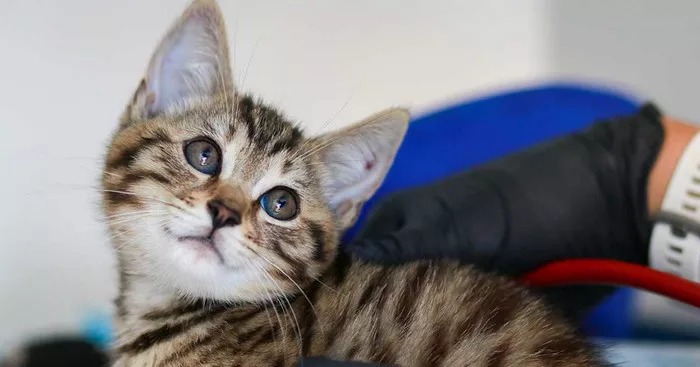A recent study has uncovered that more than half of cats undergoing neutering procedures experience anaesthetic complications, suggesting the need for improved monitoring protocols in veterinary practices.
The research identified several common complications, including hypotension, bradycardia, and hypothermia, even in otherwise healthy cats. The study also explored factors that contribute to these issues, revealing that lower bodyweight is associated with a higher risk of hypothermia and hypotension, while higher bodyweight increases the likelihood of bradycardia.
The study analyzed medical records from 1,019 cats anaesthetized for neutering surgeries between December 2017 and February 2021. Researchers examined data on preoperative medications, anaesthetic protocols, and monitoring procedures.
The findings showed that 53.4% of the cats experienced complications. While hypotension, bradycardia, and hypothermia were the most frequently observed, other issues like hypocapnia, hypercapnia, and tachycardia were also recorded, though less commonly.
The study further revealed that pre-anaesthetic medications influenced the occurrence of certain complications. Cats treated with acepromazine showed a higher incidence of hypotension, while those given medetomidine experienced more bradycardia. Additionally, longer durations of anaesthesia were linked to a greater incidence of hypothermia, bradycardia, and hypotension.
Jenny Brown, the lead author of the study, emphasized that anaesthetic complications are common, even in healthy cats. “This study offers valuable insights that can assist veterinary professionals in identifying high-risk patients and customizing anaesthetic monitoring to enhance the welfare of our feline patients,” she said.
Dr. Brown, clinical director of advanced clinical services at CVS Group, conducted the study alongside Pamela Murison, a professor of veterinary anaesthesia at the University of Glasgow.
Related Topics























